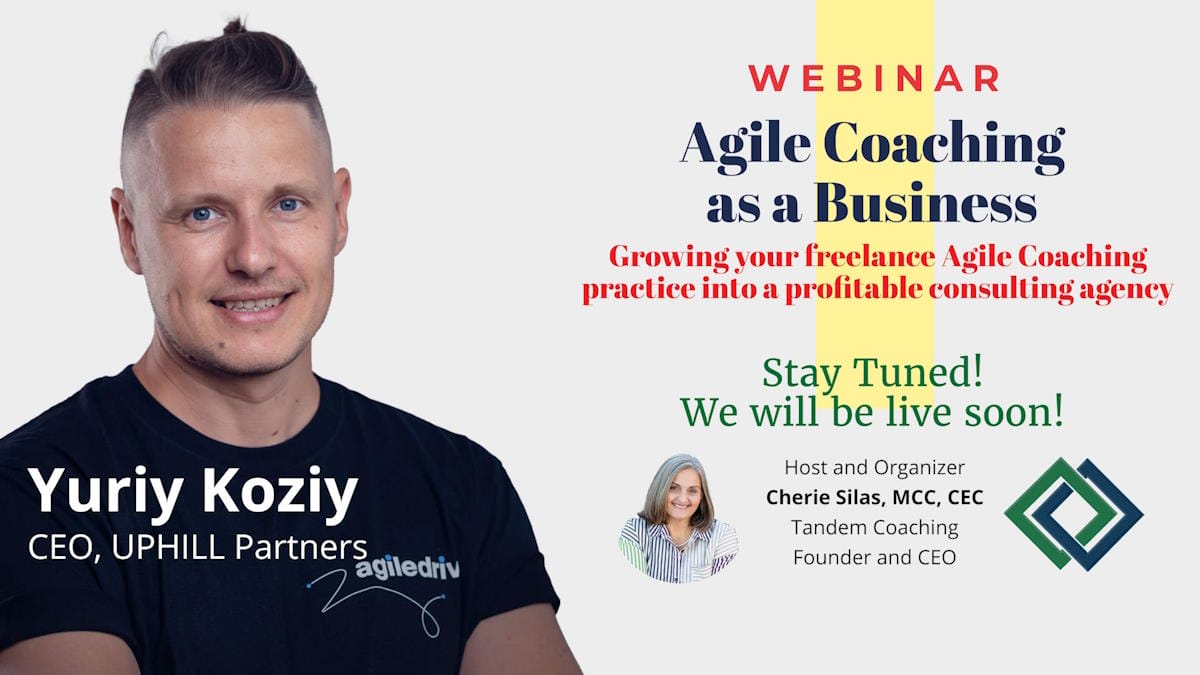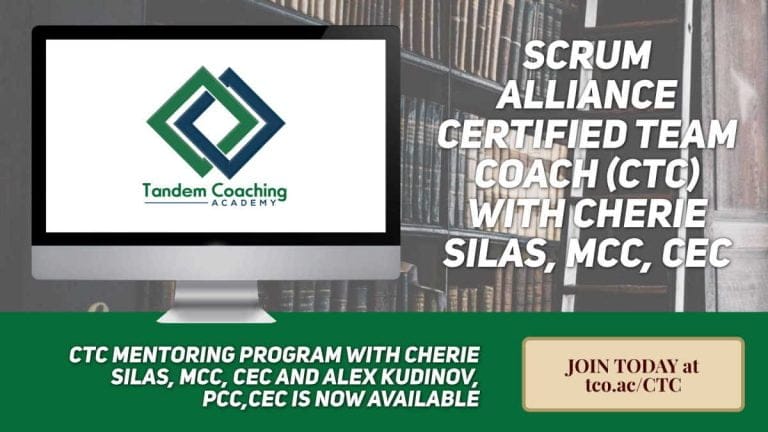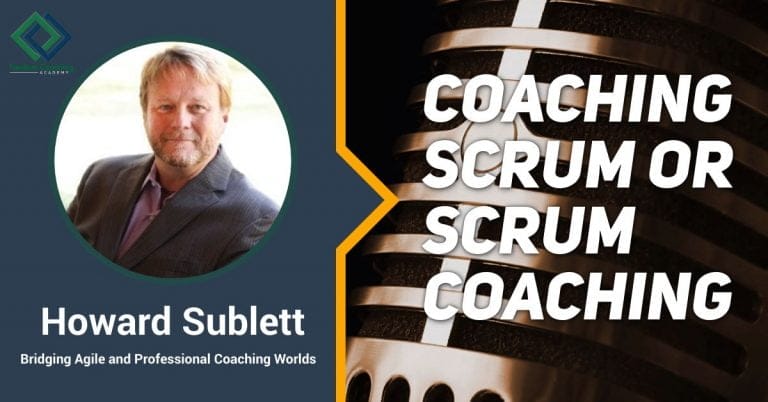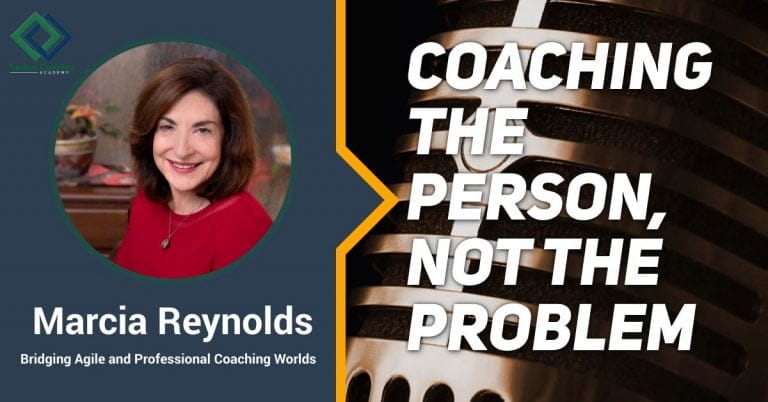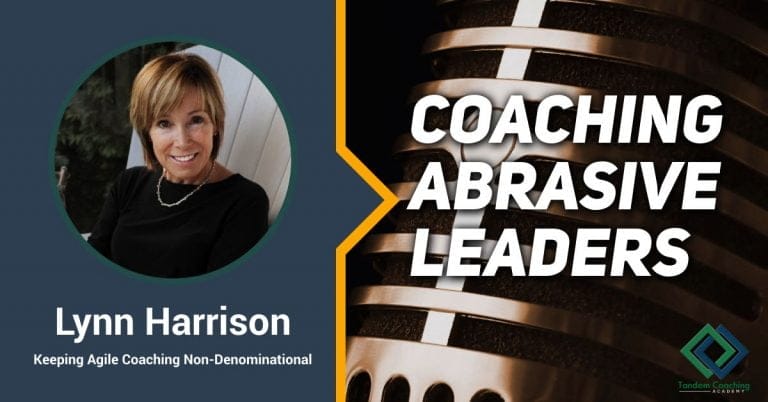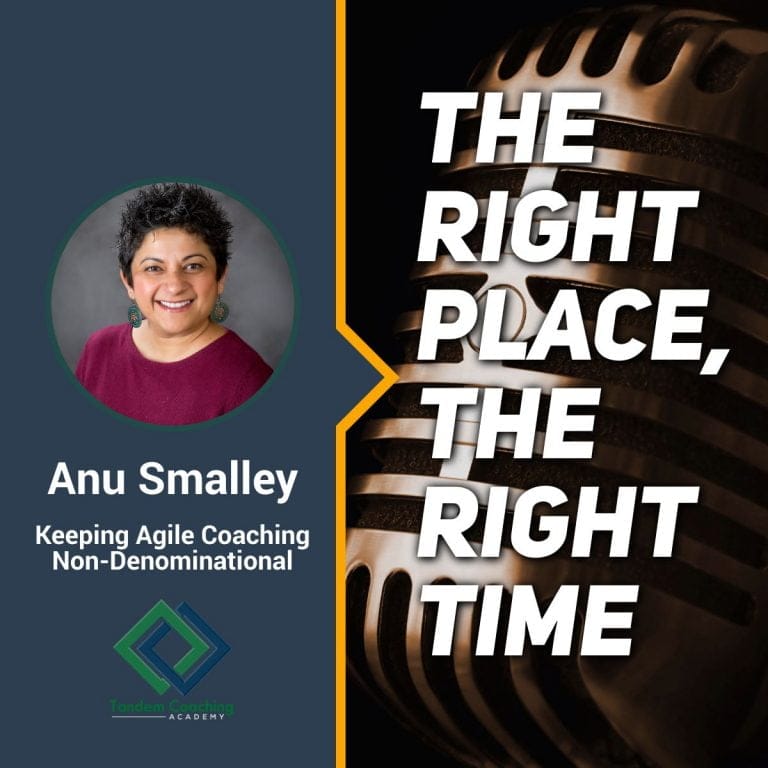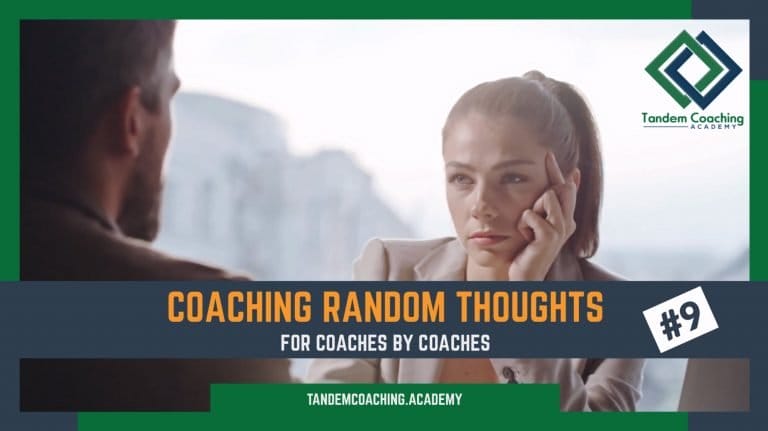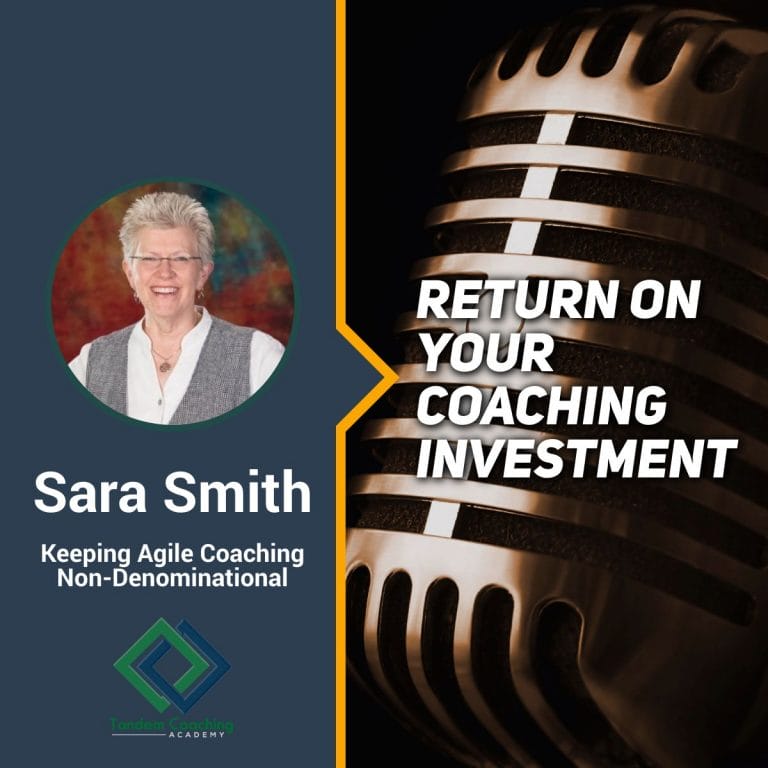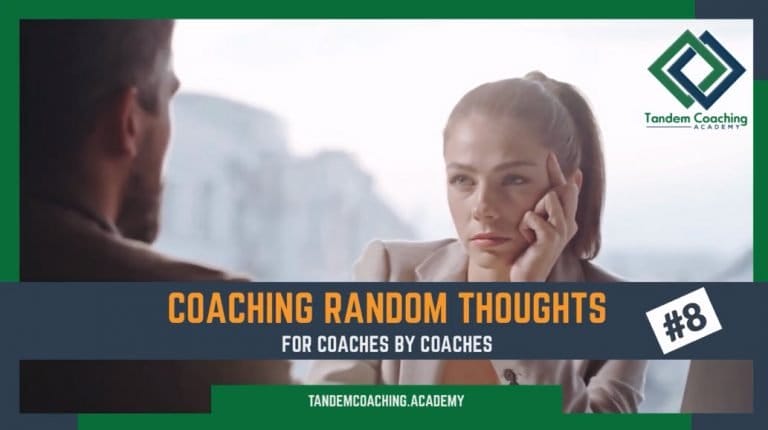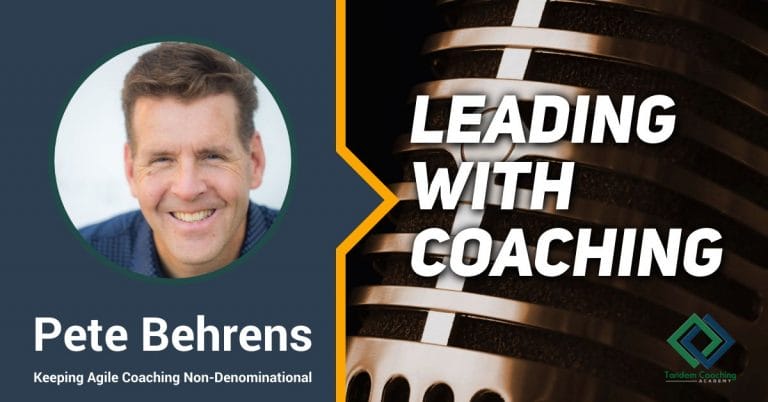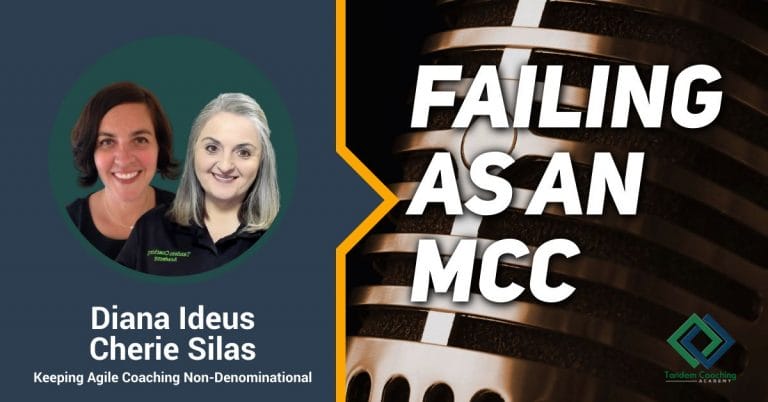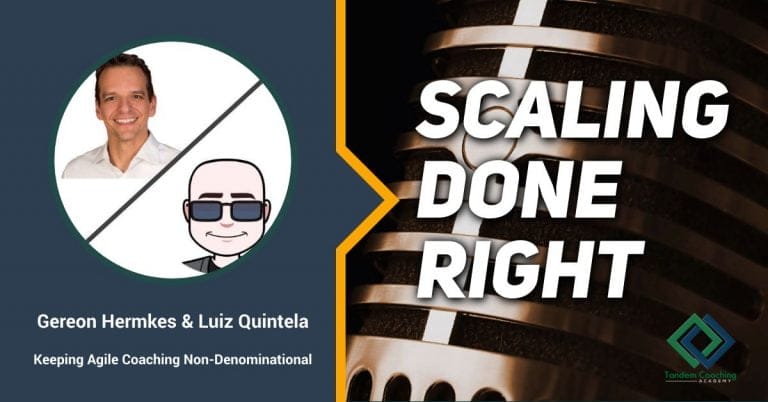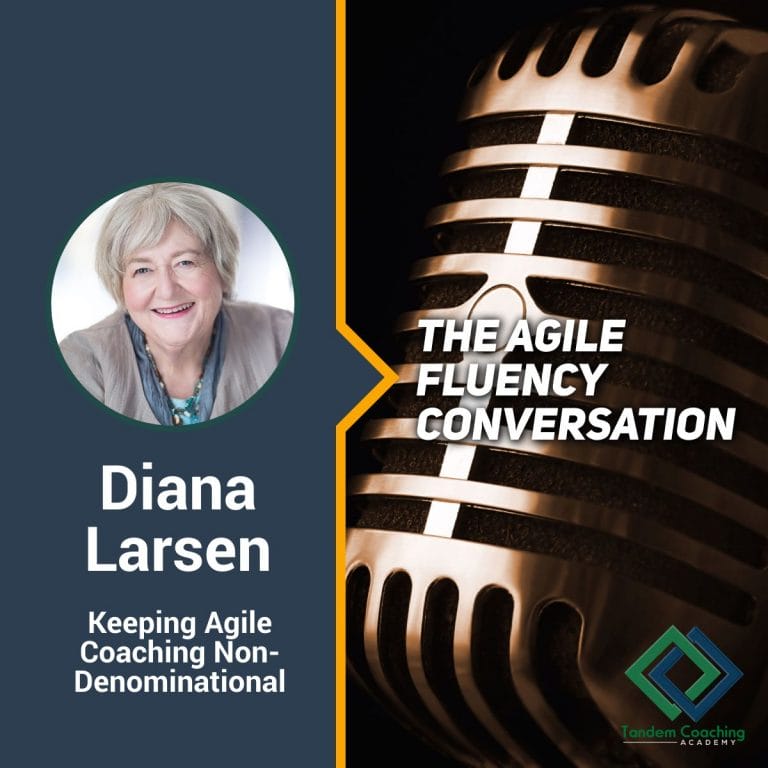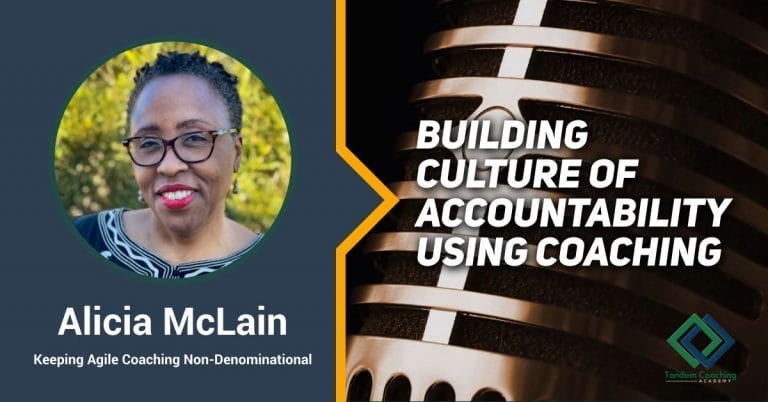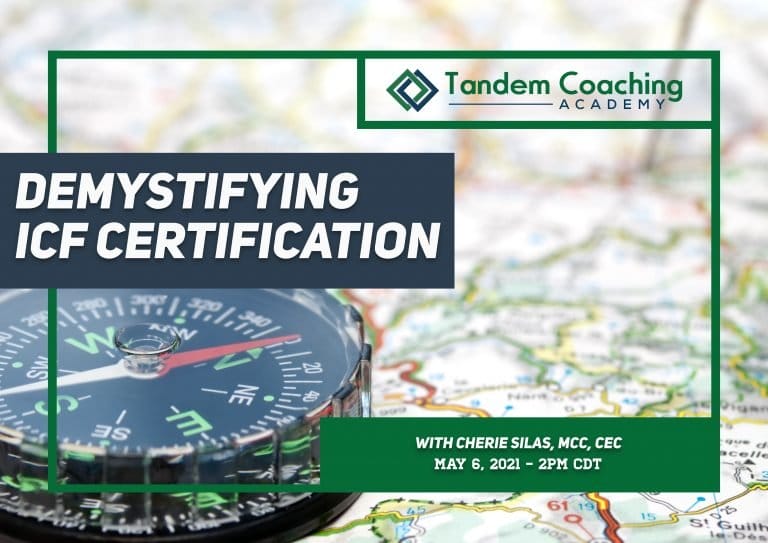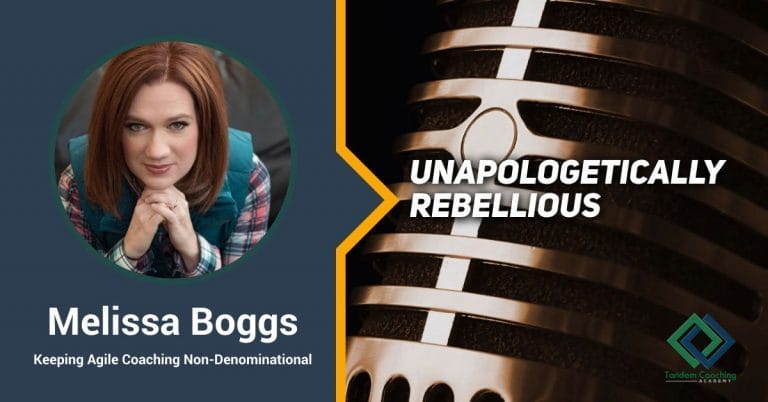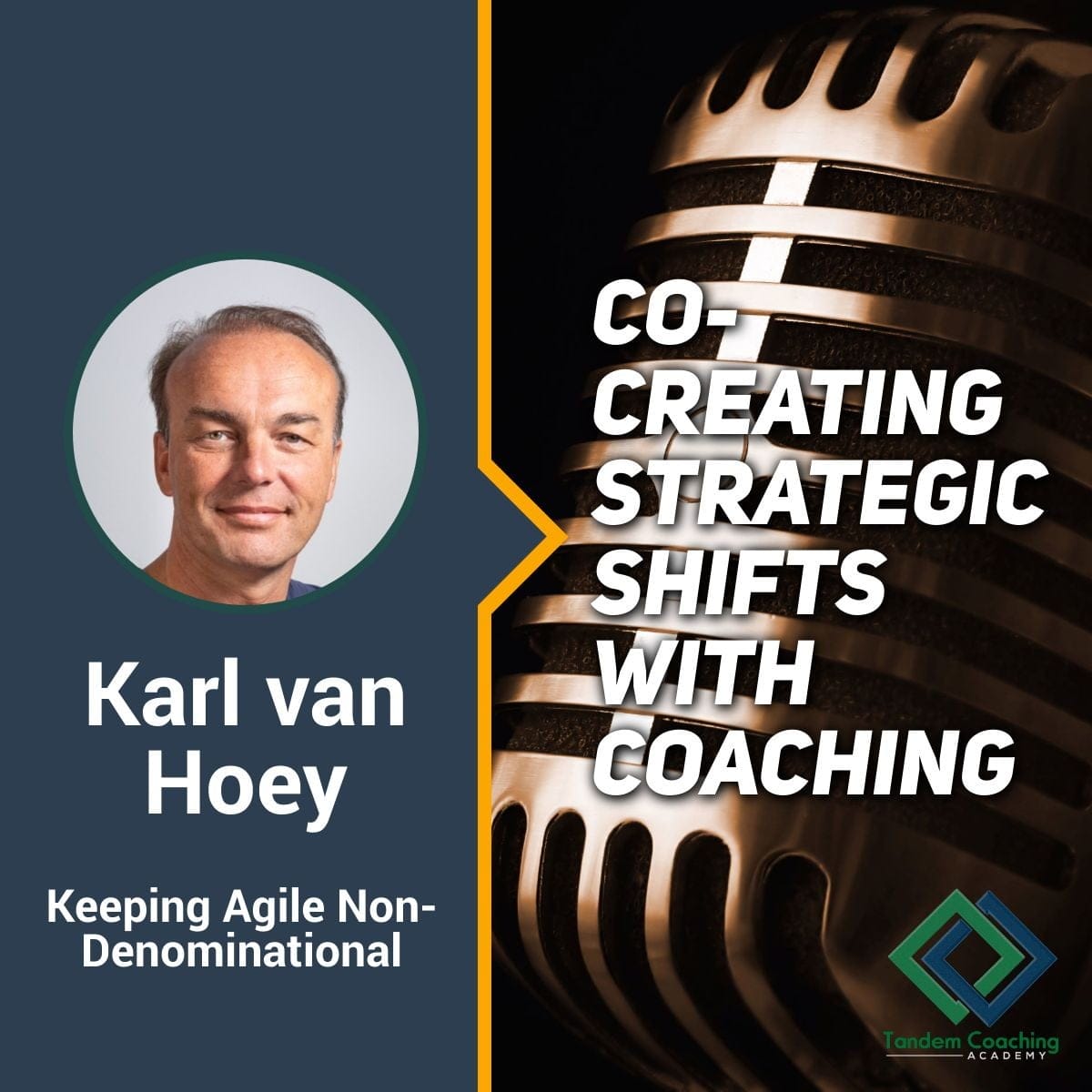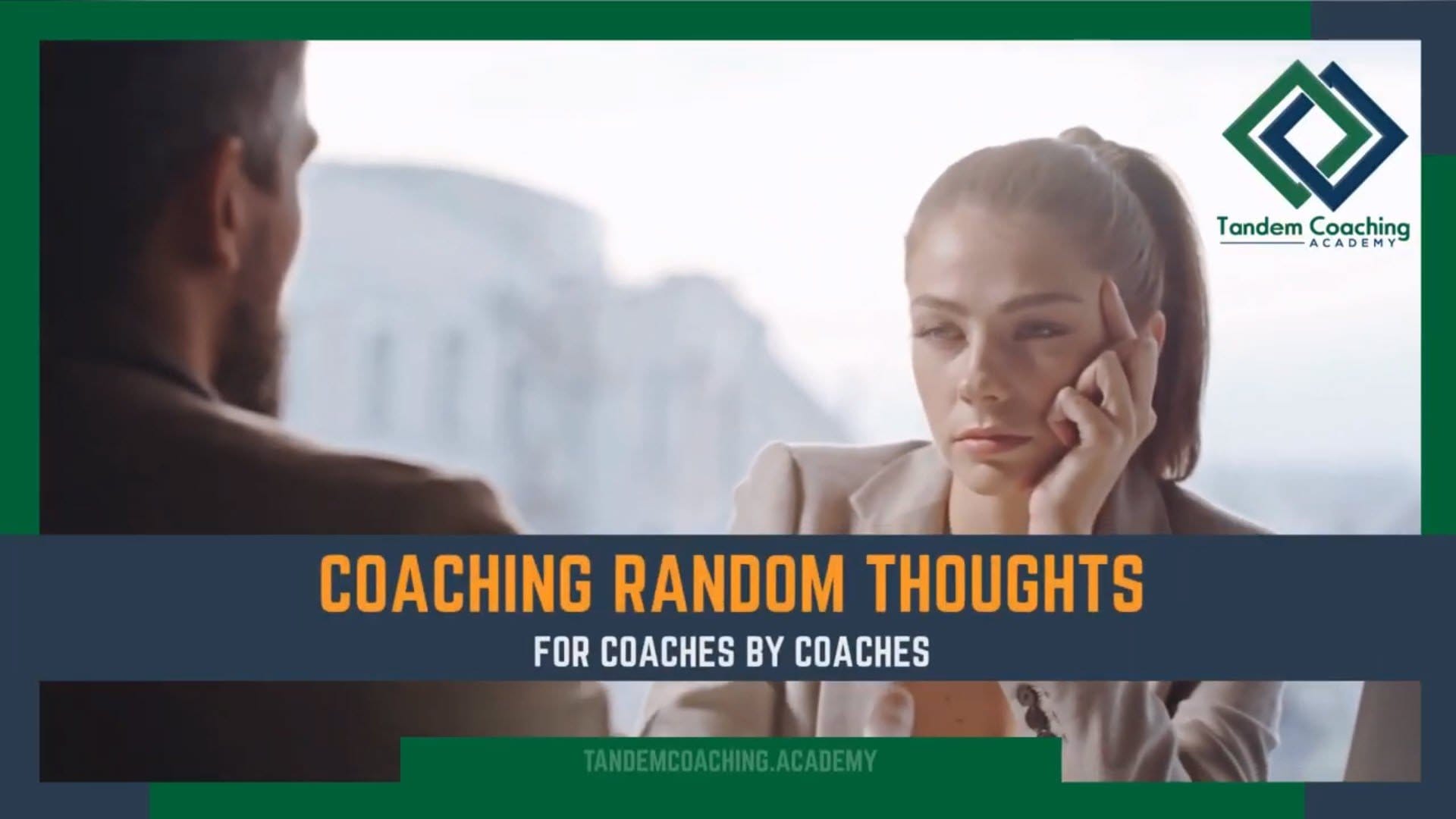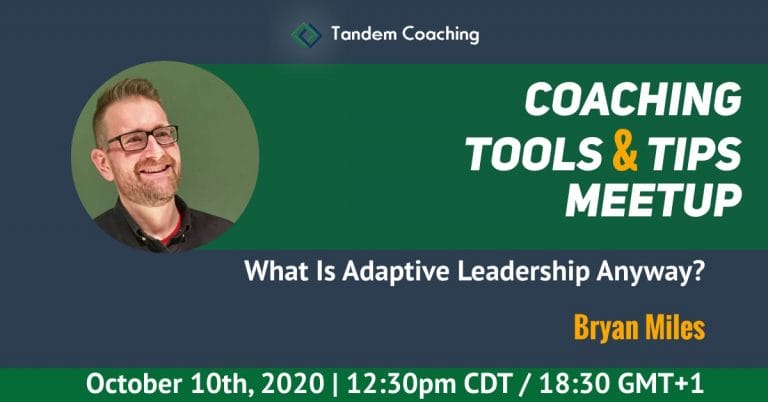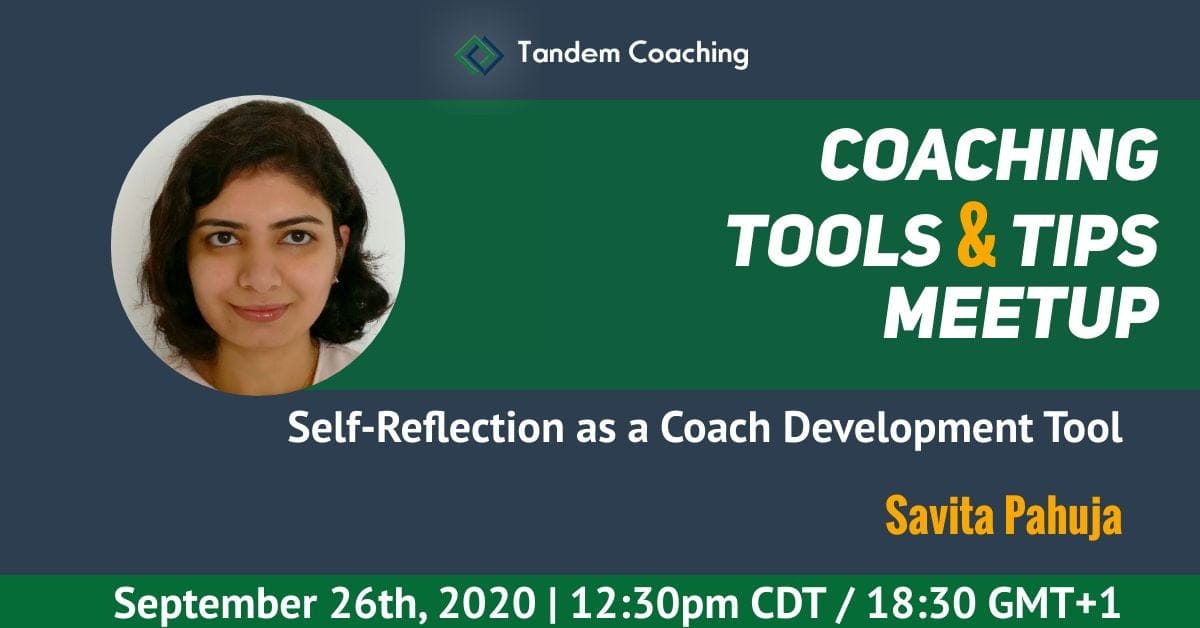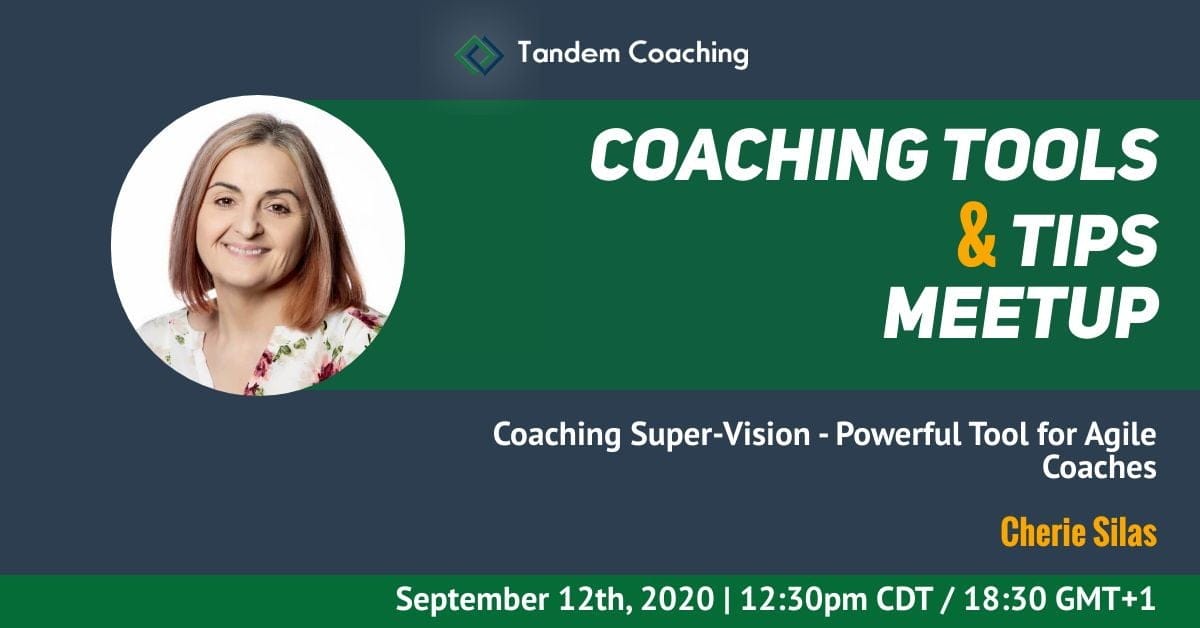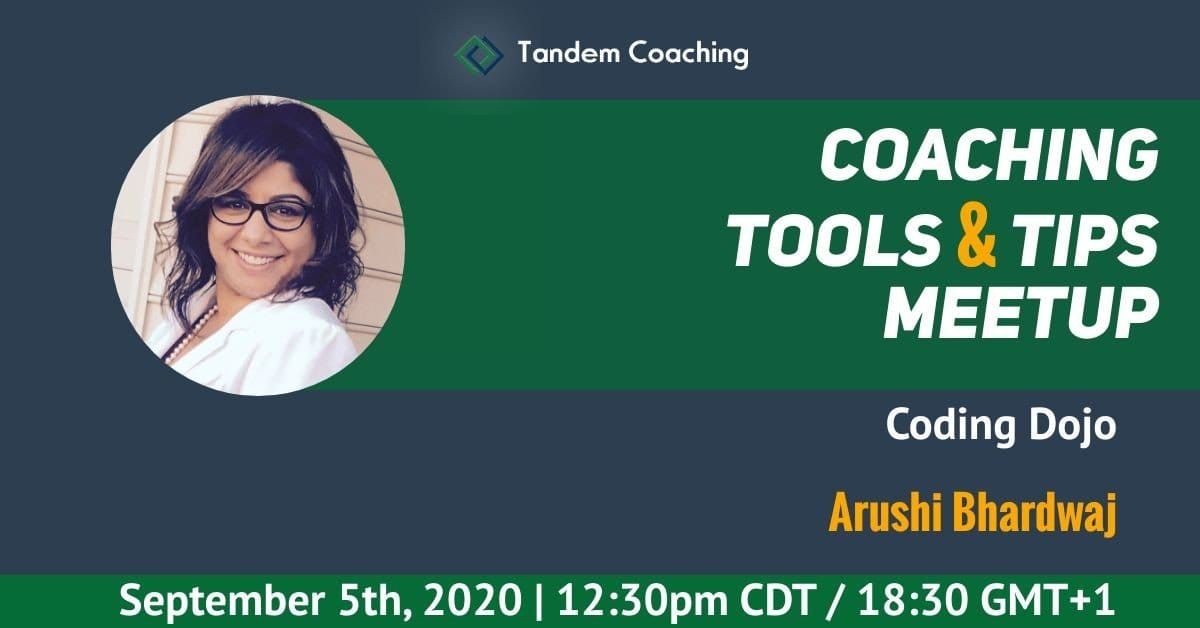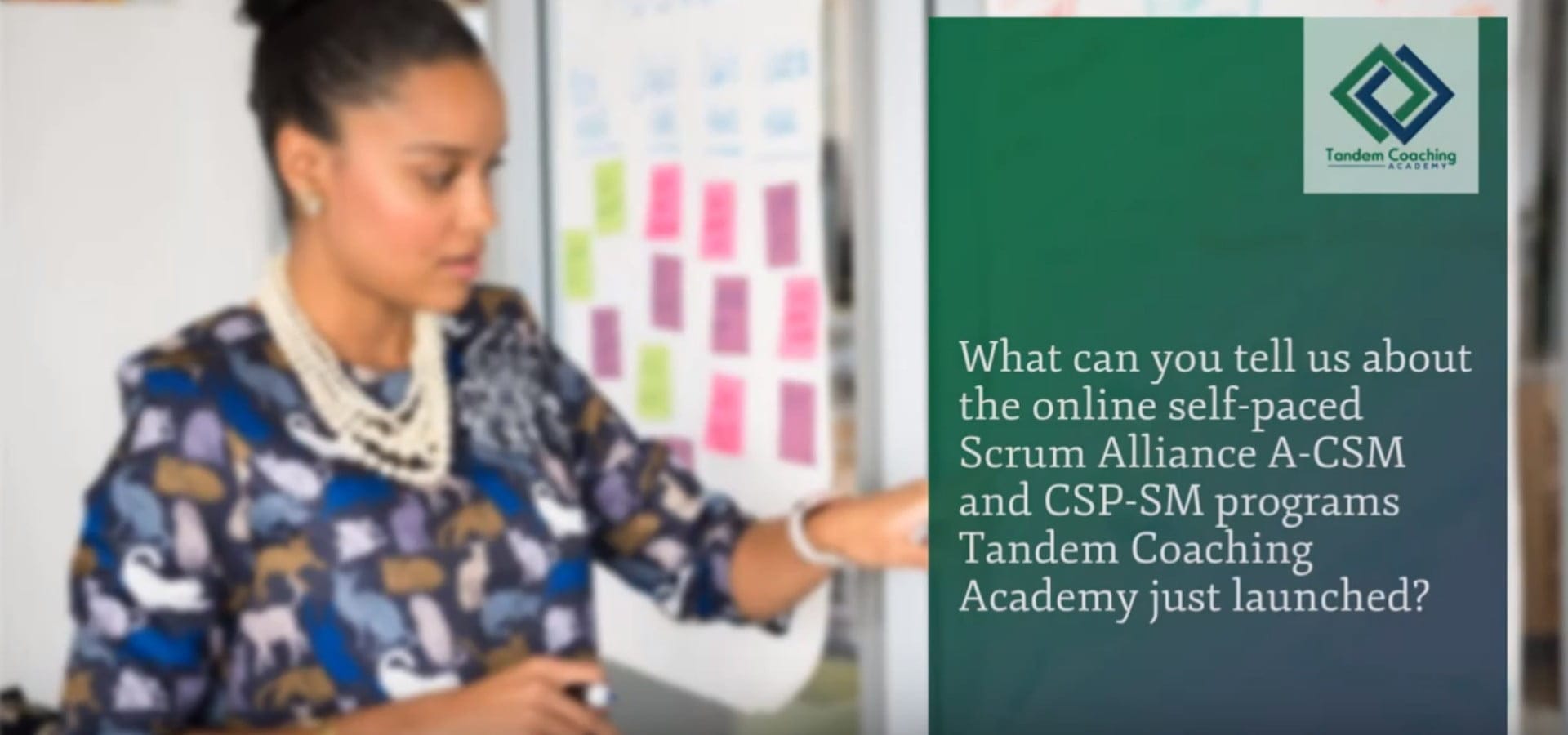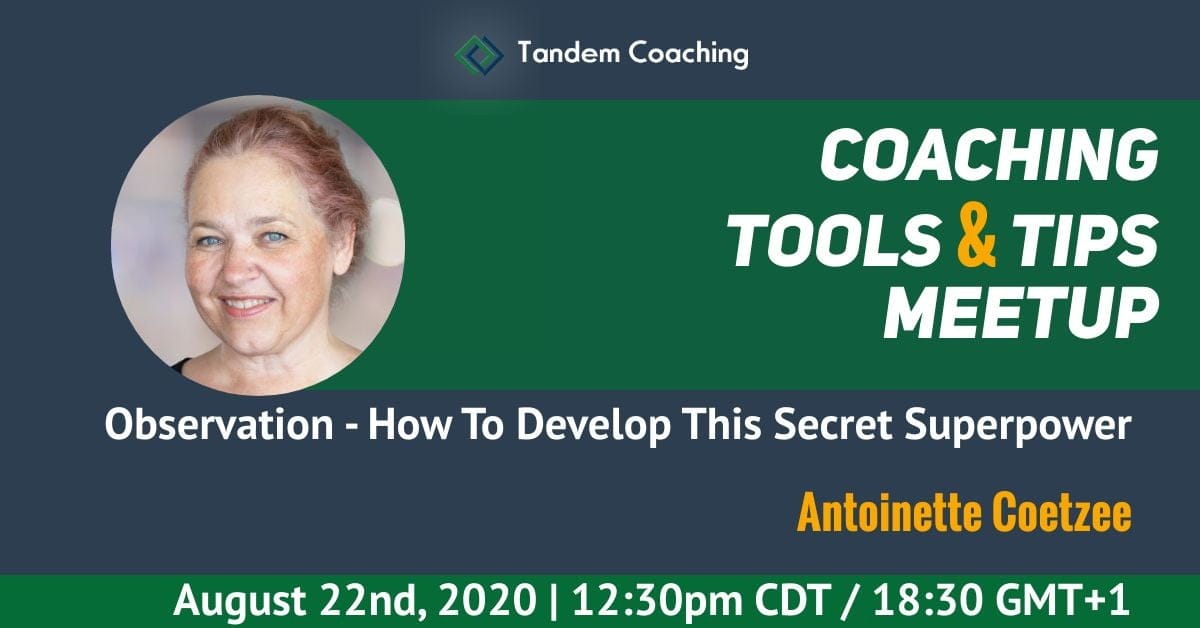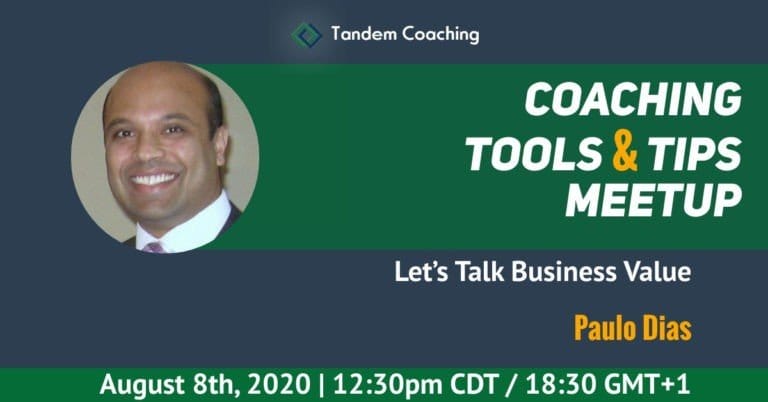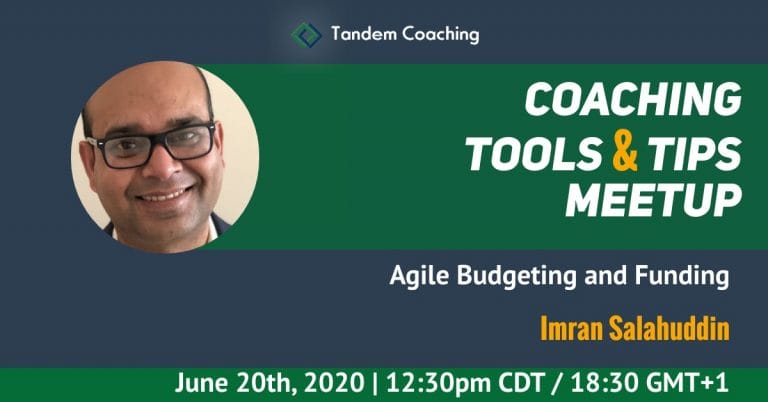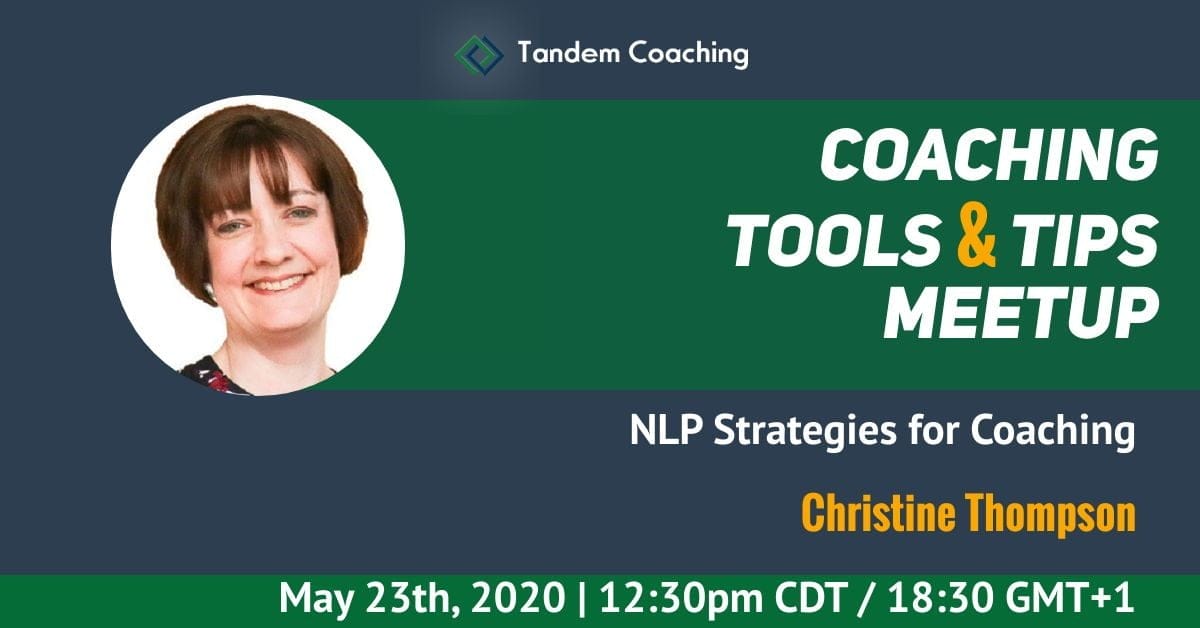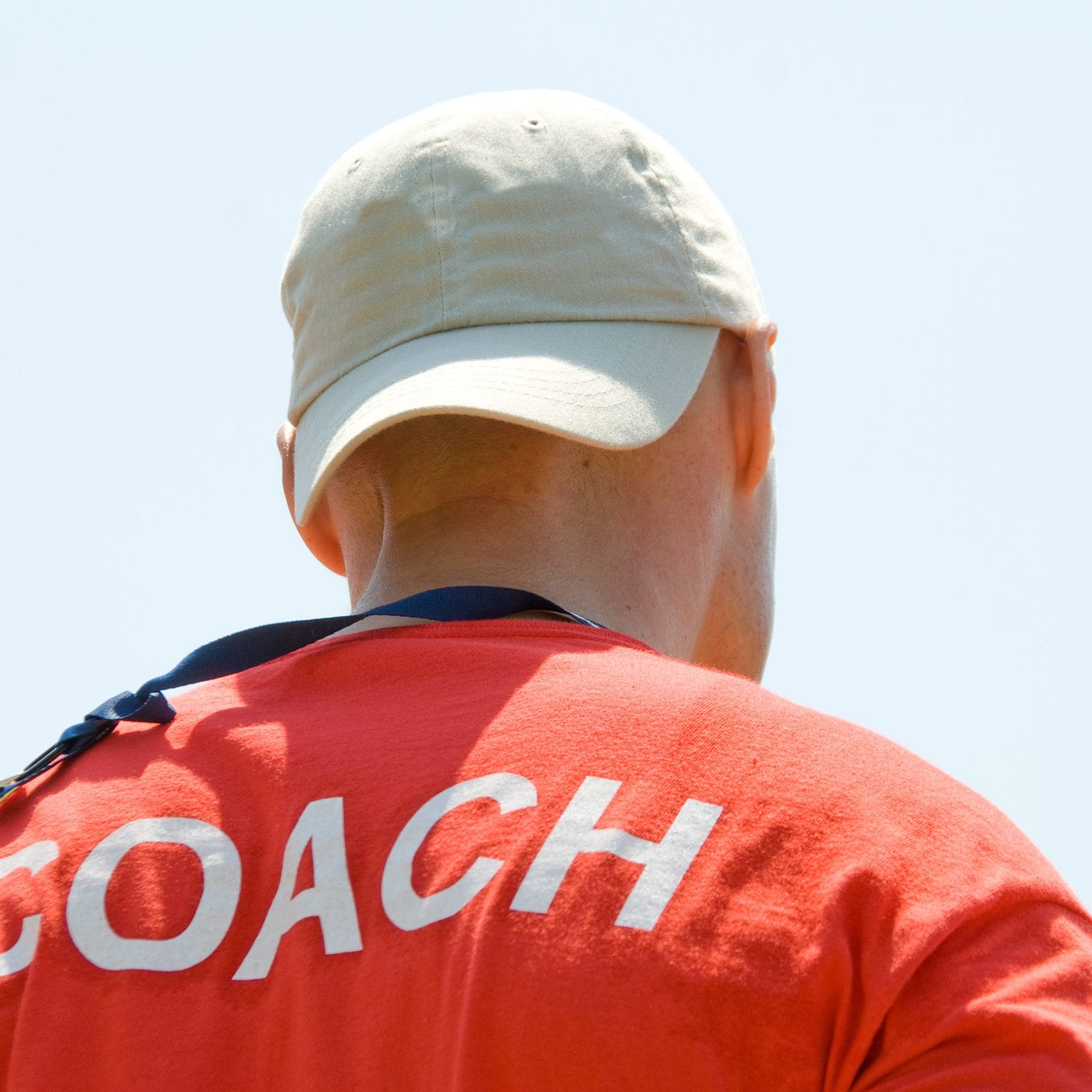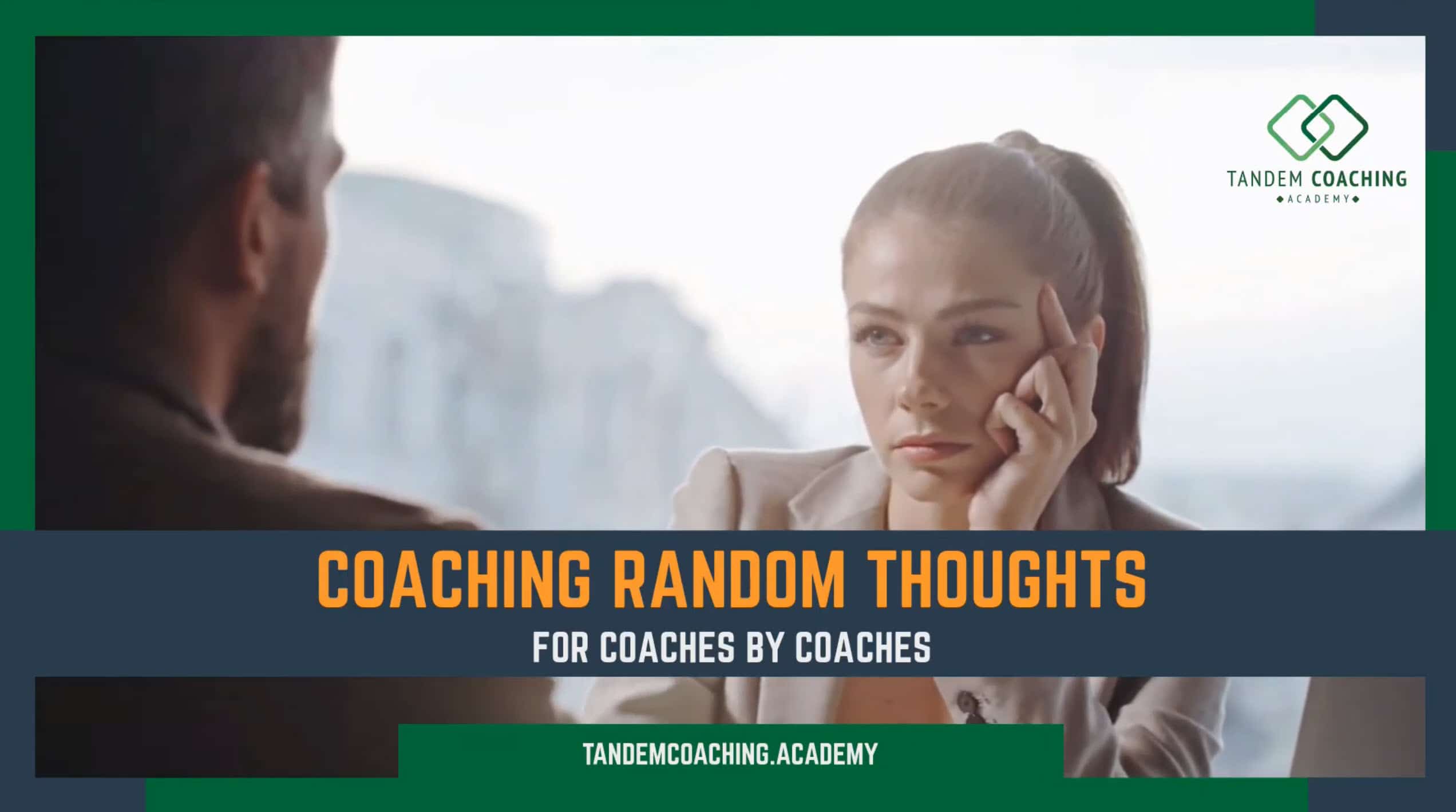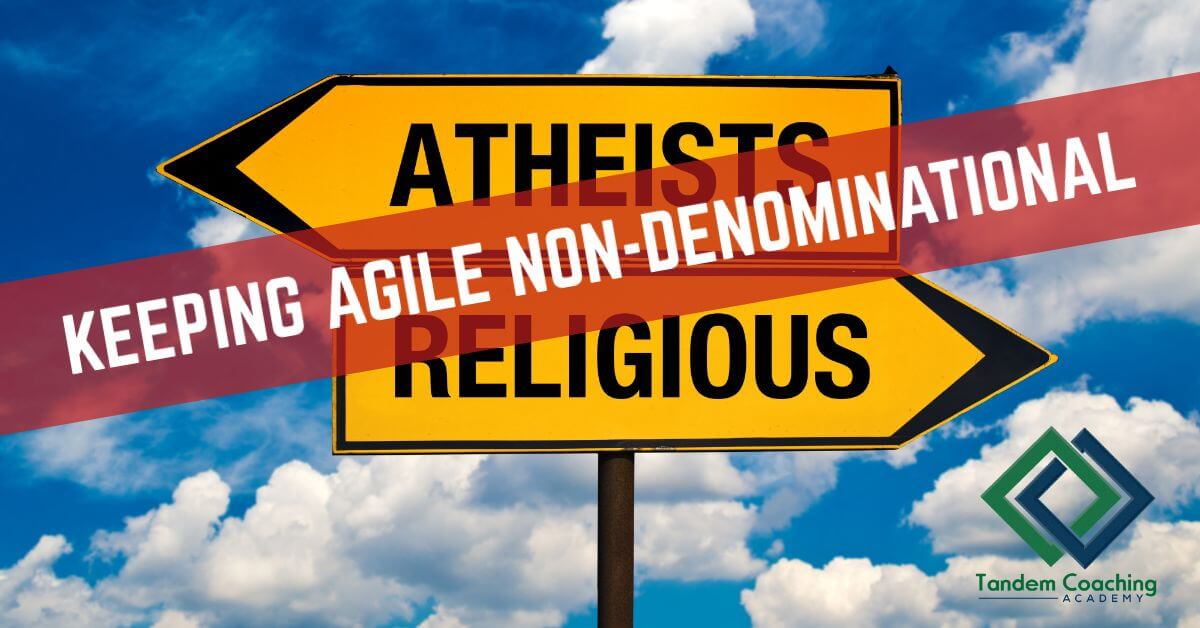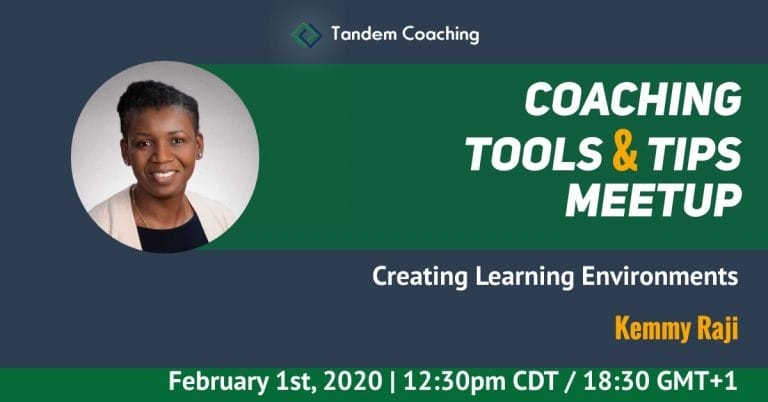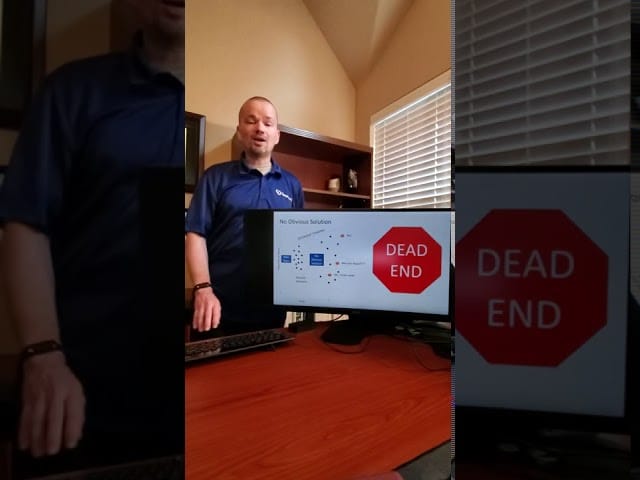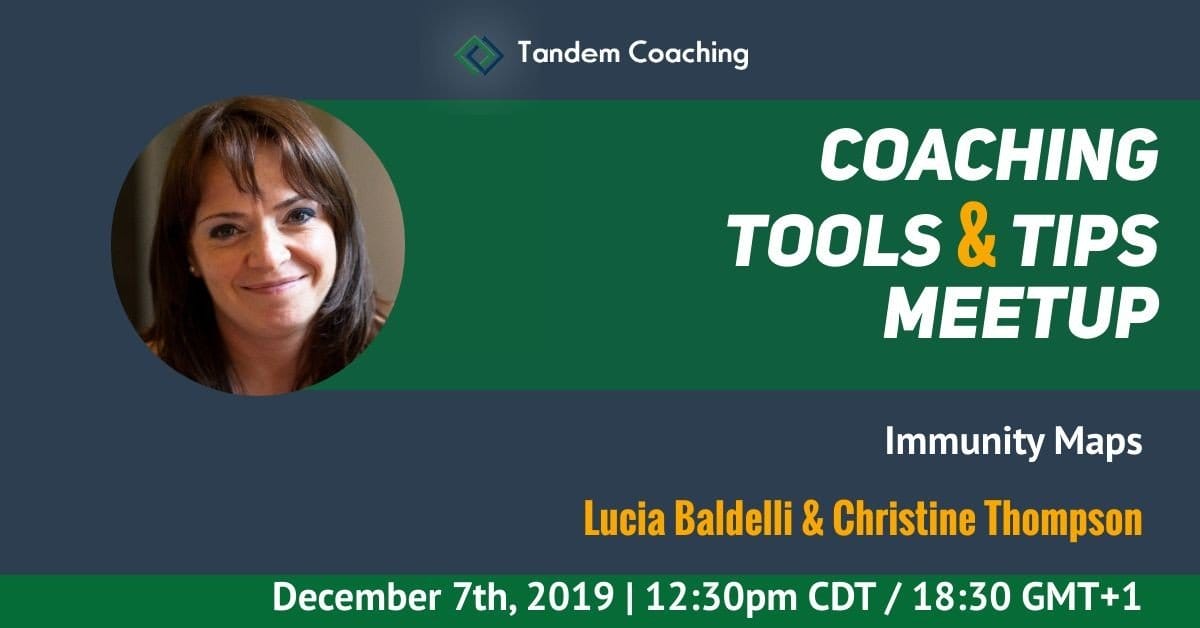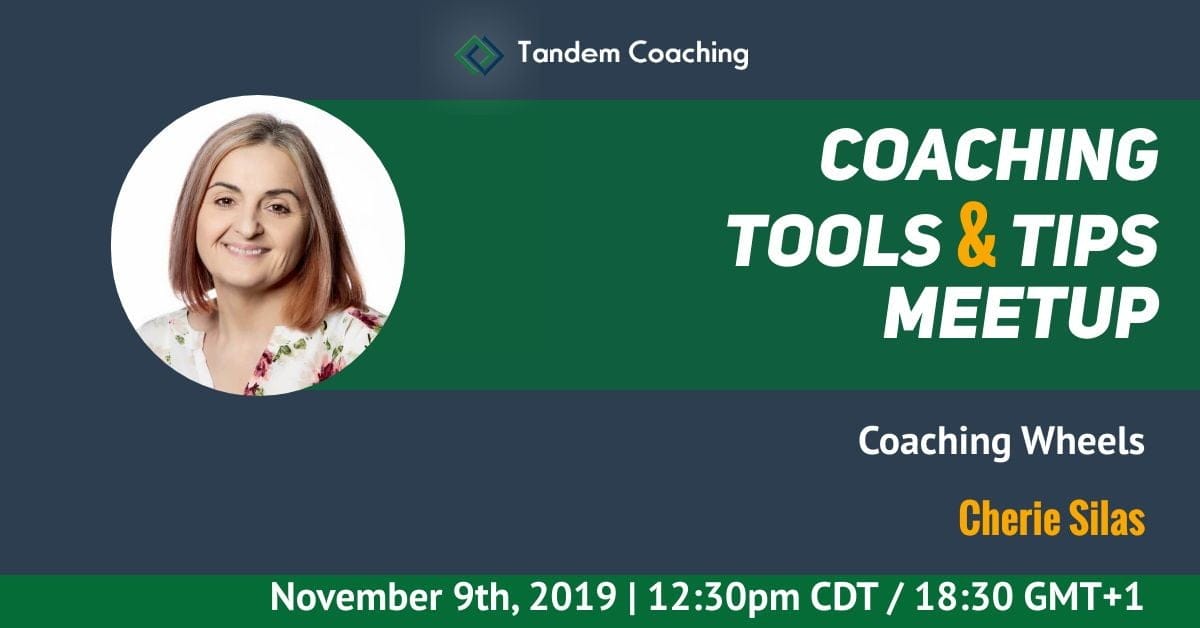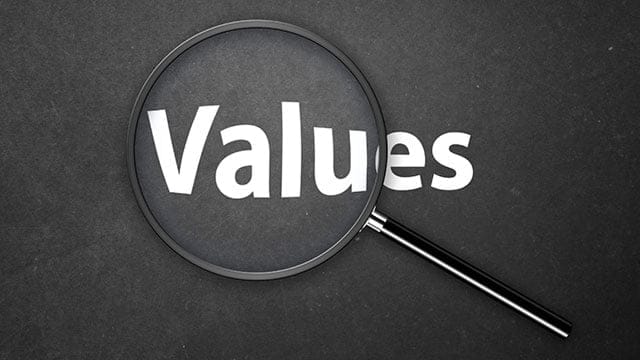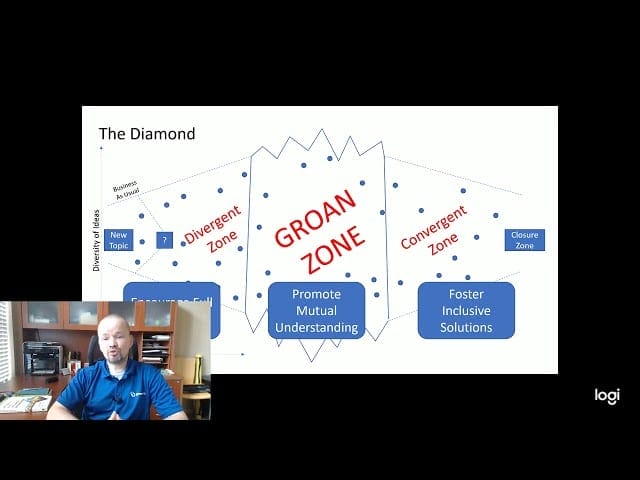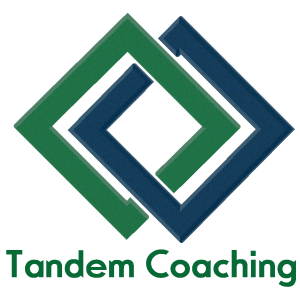Author: Alex Kudinov
Alex is a Professional Certified Coach with International Coach Federation, Scrum Alliance Certified Enterprise Coach, Professional Scrum Trainer with Scrum.org, and Kanban Coaching Professional and an Accredited Kanban Trainer with Kanban University.
In 2021 Alex co-authored Enterprise Agile Coaching: Sustaining Organizational Change through Invitational Approach to Coaching with Cherie Silas, MCC, CEC and Michael De La Maza, PhD, CEC.
All | Agile | Book Review | Coaching | Courses | Executive Coaching | HR | Kanban | Leadership | NLP | Other | Podcast | Scrum | Uncategorized | Video
15 March 2024
Exploring Nooks and Crannies: Executive Coaching vs Life Coaching
Exploring the nuances of executive vs. life coaching, this article delves into how each approach fosters growth differently—executive coaching focuses on enhancing leadership and professional skills, while life coaching aims at personal fulfillment and emotional well-being, helping individuals navigate life's challenges and achieve their full potential in both personal and professional realms.
10 March 2024
Is Hiring an Executive Coach Worth It? Let’s Find Out!
Exploring the value of executive coaching, this article delves into how it catalyzes personal and professional growth. Unpacking the benefits, costs, and strategic considerations, it guides readers through the decision-making process, helping to determine if executive coaching is the right investment for achieving their goals and enhancing leadership capabilities. A must-read for professionals contemplating this transformative journey.
9 March 2024
ICF Credential Renewal Made Easy – Read This Guide to Renew Your ICF Credential
Renewing your ICF credential signifies a commitment to professional development and coaching excellence. This process, involving detailed application submission and adherence to ICF core competencies and ethics, marks a significant milestone in your coaching career. Leveraging resources like Tandem Coaching facilitates meeting stringent renewal requirements and enhances your coaching skills.
13 February 2024
ICF Credentials Requirements – A Hogwarts Guide to Coaching Certification
Embark on a magical quest to ICF Coaching Certification, akin to Hogwarts' wizarding journey. Discover the essence of ICF credentials, their significance, and how they transform you into a revered coach. It's not just about learning; it's about applying core competencies and ethical standards to elevate clients and the profession alike. Join this enchanting adventure to unlock your coaching potential and weave spells of change and growth.
7 February 2024
Coaching Agreement in 2024: From Session Plans to ICF Life Coaching Contracts
Discover the 5 essential steps to crafting effective coaching agreements with leaders and executives, paving the way for transformative growth and achievement in professional settings.
12 July 2023
Unlocking Your Potential as an Agile Coach: Exploring Different Paths for Professional Development
Discover pathways for advancing as an Agile Coach, including ICAgile Bootcamps and ICF coaching. This article guides you through different options, helping choose the right path for professional growth in agile coaching.
21 June 2022
Loops and Knots – Amplifying Your Coaching Impact
Evoking awareness is a gift coaches can give their clients. Forward that awareness through its application and actions is what makes good coaching masterful.
6 February 2022
There Is No Spoon. There Are No Powerful Questions.
Asking powerful questions is more of a buzzword than a real skill agile and professional coaches use these days. In this video Alex Kudinov, PCC is digging into the source of the power behind questions a coach might ask and uncovers what is really going on.
6 October 2021
Coaching Scrum or Scrum Coaching with Howard Sublett
"You really want to do something? Walk into a predominantly black university offered to do a free class for the business students or whatever students. Do a free CSM. Two days, it's time. It's not about, 'can you give me money?' Nobody wants a handout. Can you give me your time? Go mentor somebody.
6 September 2021
Agile Coaching, Whys and Hows with Anu Smally and Cherie Silas
"You really want to do something? Walk into a predominantly black university offered to do a free class for the business students or whatever students. Do a free CSM. Two days, it's time. It's not about, 'can you give me money?' Nobody wants a handout. Can you give me your time? Go mentor somebody.
24 August 2021
Coaching The Person, Not The Problem with Dr. Marcia Reynolds
"You really want to do something? Walk into a predominantly black university offered to do a free class for the business students or whatever students. Do a free CSM. Two days, it's time. It's not about, 'can you give me money?' Nobody wants a handout. Can you give me your time? Go mentor somebody.
22 August 2021
We are hired to give our clients solutions that work. Aren’t we?
We are hired to give our clients solutions that work, not to ask endless questions! I hear this emotional expression and its endless variations from a lot of agile coaches, including those at the top of the food chain of the agile world.
Fair enough, there’s a rhyme and reason to that view. And it is a deeply flawed one. Here is why.
10 August 2021
Player Led Coaching with Geoff Watts
"You really want to do something? Walk into a predominantly black university offered to do a free class for the business students or whatever students. Do a free CSM. Two days, it's time. It's not about, 'can you give me money?' Nobody wants a handout. Can you give me your time? Go mentor somebody.
5 August 2021
Coaching From the Inside Out with J Val Hastings
"You really want to do something? Walk into a predominantly black university offered to do a free class for the business students or whatever students. Do a free CSM. Two days, it's time. It's not about, 'can you give me money?' Nobody wants a handout. Can you give me your time? Go mentor somebody.
27 July 2021
Coaching Abrasive Leaders with Lynn Harrison
"You really want to do something? Walk into a predominantly black university offered to do a free class for the business students or whatever students. Do a free CSM. Two days, it's time. It's not about, 'can you give me money?' Nobody wants a handout. Can you give me your time? Go mentor somebody.
20 July 2021
The Right Place, The Right Time with Anu Smalley
"You really want to do something? Walk into a predominantly black university offered to do a free class for the business students or whatever students. Do a free CSM. Two days, it's time. It's not about, 'can you give me money?' Nobody wants a handout. Can you give me your time? Go mentor somebody.
28 June 2021
Failing as an MCC with Cherie Silas and Diana Ideus
Agile Leadership is not a title, it's a mindset. This and other aspects of Agile Leadership we cover with author, speaker, and agile coach Zuzi Sochova in this episode of the Keeping Agile Coaching non-Denominational podcast.
28 June 2021
Surviving Zombie Scrum with Christiaan Verwijs and Johannes Schartau
Agile Leadership is not a title, it's a mindset. This and other aspects of Agile Leadership we cover with author, speaker, and agile coach Zuzi Sochova in this episode of the Keeping Agile Coaching non-Denominational podcast.
28 June 2021
Scaling Done Right with Gereon Hermkes and Louis “Q” Quintela
Agile Leadership is not a title, it's a mindset. This and other aspects of Agile Leadership we cover with author, speaker, and agile coach Zuzi Sochova in this episode of the Keeping Agile Coaching non-Denominational podcast.
28 June 2021
The Agile Fluency Conversation with Diana Larsen
Agile Leadership is not a title, it's a mindset. This and other aspects of Agile Leadership we cover with author, speaker, and agile coach Zuzi Sochova in this episode of the Keeping Agile Coaching non-Denominational podcast.
25 May 2021
Agile Leadership with Zuzi Sochova
Agile Leadership is not a title, it's a mindset. This and other aspects of Agile Leadership we cover with author, speaker, and agile coach Zuzi Sochova in this episode of the Keeping Agile Coaching non-Denominational podcast.
18 May 2021
Facilitating Real Conversations with Marsha Acker
Cherie Silas and Alex Kudinov are talking about building a culture of accountability in an agile enterprise using coaching with Alicia McLain
11 May 2021
Building A Culture of Accountability in an Agile Enterprise using Coaching with Alicia McLain
Cherie Silas and Alex Kudinov are talking about building a culture of accountability in an agile enterprise using coaching with Alicia McLain
8 May 2021
3 Books Every Coach Must Read
Whether you are an experienced executive coach, or a starting life coach, or an aspiring career coach, there is a book that claims to be a fantastic resource to launch your careers to the next level.
Here are some excellent books that helped me in my professional and career development as a professional coach. Neither of these is an advanced coaching book that will teach you some sacral coaching knowledge and will propel you and your coaching career to the stardom. However, if you have time and patience to grab a concept here, and a tidbit there, you will be on your way to becoming and masterful coach and a successful person.
7 May 2021
Demystifying ICF Certification with Cherie Silas
Cherie Silas leads a webinar where she explains the intricacies of the ICF Certification and demonstrates coaching skills and competencies in a coaching session.
4 May 2021
Coaching Performance with Alexis Chamow
Cherie Silas and Alex Kudinov are talking about coaching performance with Alexis Chamow
27 April 2021
Unapologetically Rebellious with Melissa Boggs
Melissa Boggs served as a Chief Scrum Master of Scrum Alliance and had a unique perspective on the role of a Scrum Master for the whole organization. In the world where a lot of us are struggling with defining the role of a Scrum Master at the organizational level, Melissa shares her unique experience with our readers and listeners in this podcast episode.
22 April 2021
Coaching Presence with Joanne Fourtanier
Coaching presence is one of the most complex and misunderstood professional coaching competencies. Cherie Silas and Alex Kudinov are chatting with Jo Fourtanier and discussing this competency in this podcast episode.
7 April 2021
Unfreezing the Frozen Middle with Johanna Rothman
The middle management is often referred to as the Frozen Middle. The renowned expert in leadership and modern management Johanna Rothman joins Tandem Coaching podcast to discuss how to unfreeze that frozen middle.
23 March 2021
Simplifying Coaching with Claire Pedrick
In our VUCA world do we as coaches need to add more complexity and make our craft all that complex? Claire Pedrick says we work too hard and too much. Simplifying coaching is the key to mastery.
16 March 2021
It Might As Well Be Me! with Lyssa Adkins
After writing her groundbreaking Coaching Agile Teams, Lyssa was put on pedestal by the Agile community and has been there since, casting a shadow (or shining a bright light) on the community as a whole and brining wisdom of Agile coaching to the growing pool of agile coaches. In this episode we are talking about what brought Lyssa to Agile coaching, what changes she notices in Agile coaching as of late, and what she is looking forward to in 2021.
9 March 2021
Meeting Them Where They Are with Allison Pollard
In this episode Allison Pollard discusses the concept of "meeting where they are," and what it means for Agile Coaches. How do we support people on their agile journey? What changed over the last year? When might we pivot as agile coaches and what is significance of keeping agile non-denominational.
23 February 2021
Let’s Talk Coaching Business with Cornelia Shipley
Are you running your business or working for it? What does it take to build a successful coaching business? What obstacles should you expect and how Cornelia, a successful entrepreneur, overcame those? All of this and more.
9 February 2021
Coaching through Infertility with Pradeepa Narayanaswamy
Miscarriage is a loss-why should it be treated like any other loss? Right now it’s not - in most organizations. What kind of support and conversations that can be had in organizations to clear the taboo about infertility? How can a manager have a conversation or support someone in their team going through infertility? As a colleague or friend, how can you support someone with infertility? When you meet someone new in your organization, here is a question you don’t ask.
26 January 2021
Co-creating Strategic Shifts with Coaching with Karl Van Hoey
Coaching is an awesome instrument to engage in a co-creative process allowing to make strategic shifts in business-turmoil. In this episode we touch upon how coaching and co-creation can - even in deep crisis - be more effective and sustainable than typical "crisis" management; how coaching brings more innovation to strategic thinking and what is needed to stand open for an entire new business model.
19 January 2021
Reflective Supervision: Coaching for Coaches with Cherie Silas
In this episode Cherie Silas is talking about Reflective Coaching Supervision practice and how it can help professional and agile coaches to take their craft to the next level.
16 January 2021
Leaders Are Coaches Too with Tricia Broderick
Coaching is a word with so many misunderstood meanings and implementations. Unfortunately and fortunately, there is no single way to coach. What is now abundantly obvious is that coaching is a valuable skill for more professionals beyond Agile coaches. Turns out there is an answer to how leaders can create, enable and maintain high-performing teams, they leverage professional coaching in their leadership delivery. We are discussing and examining the link between quality leaders and professional coaching.
15 January 2021
What Does Agile HR Hiring Look Like?
Lucia Baldelli and Karen Bruns discuss how hiring - one of the main HR functions changes for the better in the agile ways.
13 January 2021
Supporting Employees The Agile Way
Lucia Baldelli and Karen Bruns are talking about how HR professionals can understand the employee’s perspective of the workplace. More importantly how they can understand and realize what we want their perspective to be.
12 January 2021
Agile HR Manifesto
Agile Manifesto that we've all come to know and love does talk about the people piece. However, the Agile for HR manifesto takes it a little bit deeper. It takes a look at things like collaborative networks, transparency, adaptability, inspiration, and engagement, intrinsic motivation and ambition.
9 January 2021
What Does Agile HR Mean?
What's the HR role in agility, in shaping agility, for an organization and there's a few examples that maybe we could discuss together, Karen, on what HR could do differently to help improve the agility of an organization.
13 December 2020
Professional Coaching Skills for Agile Coaches
We interviewed one of our past student, Christine Thompson, and asked her a few questions about agile coaching and professional coaching, and how professional coaching skills help her as an agile coach in her daily life.
23 November 2020
How ICF Coaching Certification Elevates Professional Coaches Through ICF Accredited Coach Certification Programs
ICF became a de facto gold standard of coach training, credentialing and certification. If you are an aspiring coach who wants to work with individuals, teams, and organizations, or want to start your own coaching business, you should be seriously considering getting your ICF Coaching Certification as a way to stand out in this overcrowded field.
18 November 2020
Why Not Ask Why
Amongst the family of powerful questions the Why questions have their special spot. They are both extremely powerful, used correctly, and extremely dangerous. In this episode of the Coaching Random Thoughts, Alex Kudinov explores the ups and downs of using the why questions in your coaching and everyday conversations.
8 November 2020
Coaching Teams with Causal Loop Diagrams
Cherie Silas, MCC, CEC is introducing our Coaching Tools & Tips Meetup audience to the practice of reflective coaching supervision, that is dubbed as coaching for coaches.
11 October 2020
What Is Adaptive Leadership Anyway?
In this workshop, Brian Miles explores how leaders create environments that navigate the complexity of interpersonal relationships, overcome the human element of barriers to change, and support the growth and engagement of their employees.
11 October 2020
Integrated Agile
Brock and Erkan are exploring the interplay between Waterfall and Agile, and how organizations can manage the resulting dynamics to their benefit. They introduce the concept of Polarity Management, which can be used to get the most out of any change effort. They also discuss a new concept called Integrated Agile, which aims to help organizations leverage the upsides of both Waterfall and Agile.
3 October 2020
Growing your Agile Team
Heidi discusses the criteria for hiring a great agile team and for growing a more high-performing team; drawing from experience from her extensive background in teamwork and collaboration, and pulling from sources such as the Google Aristotle study, Patrick Lencioni’s Five Dysfunctions of a Team, Stanley McChrystal’s Team of Teams, and others.
1 October 2020
Leadership Of Chaos – Accelerating Change through COVID
The past decade of Digital change has been one of disruption. Uncertainty, VUCA, Complexity have emerged as new concepts in business. Leadership had to adapt, notably with agility. But who would have predicted what happened in 2020 and the pandemic? The world seems to have turned upside down in a matter of weeks. Change is inevitable, or businesses shut down. It is also a time to explore new possibilities. This talk will explore how good leadership through the crisis is in fact no more than great Agile leadership: Developing autonomy, promoting alignment, creating strategic clarity and keeping collaboration going by creating remote first working practices.
26 September 2020
Self Reflection as a Coach Development Tool
Savita Pahuja, CEC, ACC explains how the simple techniques and values can be used by yourself to reflect on your recent coaching conversation, which will help you come up with action items for self-growth.
12 September 2020
Reflective Supervision for Coaches
Cherie Silas, MCC, CEC is introducing our Coaching Tools & Tips Meetup audience to the practice of reflective coaching supervision, that is dubbed as coaching for coaches.
6 September 2020
Coding Dojo
Arushi Bhardwaj joing Tandem Coaching Academy Coaching Tools & Tips Meetup to talk about Coding Dojo and how it helps develop team skills.
22 August 2020
Observation – How To Develop This Secret Superpower
Antoinette Coetzee joins Tandem Coaching's Coaching Tools & Tips meetup to discuss the powerful coaching skill of observation and how to use it in your agile (and not only agile) practice.
8 August 2020
Let’s Talk Business Value
Paulo Dias joins Tandem Coaching's Coaching Tools & Tips meetup to talk about business value.
17 July 2020
On Scrum Mastering
Best Agile Articles Conference is a Quarterly event where Best of the Best Authors share their wisdom. We were thrilled to host Ewan O'Leary.
17 July 2020
Agile Coaching for Winning Teams
Best Agile Articles Conference is a Quarterly event where Best of the Best Authors share their wisdom. We were thrilled to host Allison Pollard.
17 July 2020
How Scrum Master Can Enhance Daily Scrum
Best Agile Articles Conference is a Quarterly event where Best of the Best Authors share their wisdom. We were thrilled to host Ajeet Singh.
17 July 2020
Agile Leadership: How to Change World of Work
Best Agile Articles Conference is a Quarterly event where Best of the Best Authors share their wisdom. We were thrilled to host Zuzana Sochova.
17 July 2020
The Fatal Attraction of Classical Hierarchies
Best Agile Articles Conference is a Quarterly event where Best of the Best Authors share their wisdom. We were thrilled to host Kurt Nielsen with his talk "The Fatal Attraction of Classical Hierarchies."
14 July 2020
Proper Scaling of Scrum And Dynamic Financial Forecasting
Best Agile Articles Conference is a Quarterly event where Best of the Best Authors share their wisdom. We were thrilled to host Gene Gendel.
11 July 2020
The Why of an Agile Retrospective
Harris Christopoulos joins Tandem Coaching's meetup to talk about retrospective and share some real life stories and tips
8 July 2020
What Is Stopping You?
As coaches, we ask a lot of questions. Some are good, some are not so much. Some are open, some are closed. Some are transactional, some a transformational. In this episode of the Coaching Random Thoughts, Alex Kudinov explores the omnipresent "What is Stopping You?" question and discusses some better alternatives.
20 June 2020
Agile Budgeting and Funding
Imran Salahudding discusses benefits, pitfalls, of Agile funding and budgeting and how you can use it in your organization
6 June 2020
Igniting the Role of Agile HR in the Remote Age
Elena Vassilieva and Heidi Araya are discussing how Agile changed the role of HR in the organizations and specifically in the age of remote work that is upon us.
27 May 2020
Shu Ha Ri of Professional Coaching
Shu-Ha-Ri is a well-known concept in the Agile and Scrum worlds. Have you thought it is also applied to the world of Professional Coaching?
23 May 2020
NLP Strategies for Coaching
Christine Thompson is the NLP Master Practitioner and discusses NLP Strategies and their use in the coaching.
23 May 2020
The House of Scrum
House of Scrum is a metaphor Alex Kudinov uses to explain the fundamentals of the Scrum Framework solve complex and adaptive problems.
11 May 2020
Coaching Skills for Agilists
Cherie Silas and I discuss the importance of professional coaching skills for Agilists. In short – they are paramountly important.If you want to up your coaching game – our next Coaching in Agile Environments program cohorts are starting in July. Check it out and sign up!
9 May 2020
Curiosity: What Great Teams Need
Suzanne Doyle is discussing the importance of curiosity - and how it helps the agile teams to become great
29 April 2020
Podcast #3: Is Scrum Master role a Luxury in Times of Turmoil?
Is Scrum Master role a Luxury in Times of Turmoil? Erica Henson, Jim Sammons, and Alex Kudinov share their thought.
18 April 2020
Total Brain Coaching
Ted and Keith Wallace are talking about Total Brain Coaching - a holistic system to help people effectively change their habits.
6 April 2020
Building Alignment: Team Working Agreement
Best Agile Articles 2018 is a collection of articles published in 2018. Watch Ellen Grove talking about building alignment through team agreement.
6 April 2020
Virtual Reality in Agile Coaching
The Best Agile Articles book series collects the best agile articles published during a calendar year into a single volume.
On April 6 the authors of the best agile articles published in 2018 came together for a workshop, giving their talk on topics such as Agile Leadership, distributed teams, and others.
Today Tandem Coaching Academy publishes the talk Elena Vassilieva gave during the workshop on the topic of Virtual Reality and Agile Coaching.
6 April 2020
Executive Led Agile Transformation
Best Agile Articles 2018 is a collection of articles published in 2018. Watch Joe Justice talking about Executive Led Agile Transformations
6 April 2020
Dear Beloved Client, Please Start By Doing
Best Agile Articles 2018 is a collection of articles published in 2018. Watch Kathryn Maloney talking about practical elements of working with clients.
6 April 2020
Five Tips to Lead Distributed Agile Teams
Johanna Rothman, an expert in product management, gives the audience of the Best Agile Articles Conference some tips about working with distributed agile teams in the age of remote work.
6 April 2020
Dealing with Difficult Stakeholders
The Best Agile Articles book series collects the best agile articles published during a calendar year into a single volume.
On April 6 the authors of the best agile articles published in 2018 came together for a workshop, giving their talk on topics such as Agile Leadership, distributed teams, and others.
Today Tandem Coaching Academy publishes the talk Roman Pichler gave during the workshop on the topic of managing and dealing with the stakeholders.
6 April 2020
Challenges of Being the Leader
The Best Agile Articles book series collects the best agile articles published during a calendar year into a single volume.
On April 6 the authors of the best agile articles published in 2018 came together for a workshop, giving their talk on topics such as Agile Leadership, distributed teams, and others.
Today Tandem Coaching Academy publishes the talk Tricia Broderick gave during the workshop on the topic of Challenges that Leaders Face Personally.
4 April 2020
Coaching from the East
Andrew Lin discusses the coaching from the East in the latest installment of the Coaching Tips and Tools meetup. Listen in and sign up for our Meetup!
21 March 2020
Coaching a Product Owner
In this installment of Coaching Tools & TIps Meetup Angie Pate is talking about Coaching the Product Owner - a key role on any high performing Scrum Team.
4 March 2020
TRIZ – Do Not Be Afraid
Erica Henson, an Agile Coach with Marathon Oil, is discussing a liberating structure that is designed to stop unproductive behaviors and make space for innovation – TRIZ. She shares her own experience using this liberating structure with her own team and a tip to Scrum Masters.This is the first video in a series Coaching by Example brought to you by Tandem Coaching Academy.
25 February 2020
Client Competence
Cherie Silas of Tandem Coaching Academy discusses the importance for a coach to hold their clients naturally creative, resourceful, whole, and competent.
17 February 2020
Scrum and Diffusion of Responsibility
In its various forms and shapes, the diffusion of responsibility can lead to such ugliness as moral disengagement, increased beyond-the-reason risk-taking behavior, social loafing, and groupthink.
2 February 2020
NLP Techniques: It is About the Influence
While NLP presuppositions are quite fascinating in their clarity and precision on their own, try to beat “The map is not the territory,” the true power comes from the understanding of how intertwined and interdependent they are.
1 February 2020
Creating Learning Environments
Kemmi Raji explains the way organizations go about creating learning environments and the impact it has on their performance
24 January 2020
Your Journey to ICF Credentials
While ICF standards are rigorous and extensive, their explanations are way too convoluted and complex for a lot of people to navigate. Aspiring coaches get lost in the multitude of priorities, requirements, and programs that promise quick and easy path to their desired ICF credential. Here we make them clear and simple to understand.
19 January 2020
Help them with the Why
How many times a day are you walking into the conversation where people jump into discussing solutions that lead nowhere, lack a clear purpose for the people involved in the conversation, don’t make sense altogether without the additional “why” discussion? I know I am having those conversations day in and day out.We are the society of doers, go-getters, and my recent survey of approximately 3 dozen of Scrum Masters and Agile Coaches support that claim. We are the community of proactive, goal seeking, “missing accomplished” kind of individuals who, in its majority, rarely step back and ask the “why” question. By the way, I am not a proponent of asking that specific question, a bit later on that.However, we charge into action with no clear goal, no sufficient understanding, no true north star. And that is pervasive throughout our life, businesses, and culture. We pay the homage to the luminaries such as Sinek, we cite ad-nauseum the Scrum Guide with its pervasive Sprint Goal, and then we punch in the clock, and go about our daily doze of deliverable outputs.How can we ensure that all we do has a meaningful, solid, and worthy goal behind it. There are numerous techniques, tools, and practices. It does not have to be complex. But some steps should not be skipped, otherwise we are shortchanging ourselves and setting up for a less desirable outcome.
7 December 2019
Immunity to Change
Lucia Baldelli and Christine Thompson are joining our meetup to talk about the coaching technique of Immunity to Change
23 November 2019
Self as Coach
Alex Kudinov is discussing the framework based on the Coaching with backbone and heart book
9 November 2019
Coaching Wheels
Cherie Silas discusses various coaching wheels and shares ideas how they can be useful in different coaching situations.
2 August 2019
What Are the Values?
Ask any Agile practitioner these days what Agile values are and he, most likely, will recite you some lines from the Manifesto for Agile Software Development. Ask him the final line of the said Manifesto and the result might be quite different, but I digress right in the first paragraph.
Ask a Scrum practitioner and he’ll give you 3-4, maybe 5, if he’s real good, values Scrum holds dear.
Next ask a different question, “What ARE the values? What are we talking about here?” And you’ll be lucky if you hear a half-baked off-the-cuff answer. Sometimes it’s just like, “well, values are values, those are what’s valuable.” Duh…
A quite interesting viewpoint and a crisp definition comes from Mark Manson’s “Subtle Art of not Giving a F*ck”.
19 July 2019
Scrum Has a Messaging Problem
I call on the Scrum and the larger Agile community to correct our messaging while we walk the continual path of tackling hard problems. Be less dogmatic. Think Agile. Be more like water and Scrum On!
10 April 2019
Make It Flow
Flow of work and, most importantly, value are paramount. There are times when you keep looking at the process and don’t understand what is going on, what is wrong, and why stuff is not getting to done. All the answers to questions asked sound like a bunch of excuses (they most likely are not, but a bit later on this).
30 March 2019
The Humble, The Hungry, The Smart: Beyond “The Five Dysfunctions of a Team”
Building (and hiring) a great team takes time and effort. Patrick Lencioni’s “The Five Dysfunctions of a Team” became a staple reading in an Agile community these days. And for a good reason. Agile ways of working are all about teamwork. A self-organizing and cross-functional team is in the heart of the Scrum framework. In the book, the author cites the following 5 dysfunctions:Lack of Trust due to invulnerability
fear of conflict to preserve artificial harmony
lack of commitment leading to ambiguity
avoidance of accountability amongst the team members and consequent lowering of the standards, and the pinnacle of it all
inattention to collective results due to self-serving behaviors.
26 March 2019
Weekly Scrum Interview Question: What Is Velocity?
What is Scrum Team Velocity?This is a tricky one, and you need to be answering it in the context of the organization you are interviewing with and its complementary practices.Let’s start with the basics. Velocity is mentioned quite a few times in connection with Scrum in various contexts. First thing you might hear is that the velocity is a measure of the team’s ability to deliver value to the customer. That’s quite an okay definition you might give to your interviewer. Just be ready for an onslaught of questions it might bring, such as, “What do we measure”, “How do we measure it”, “Why do we measure it”.Velocity is recognized by Scrum.org as a complementary practice. This means, that Scrum framework does not have a prescription for a Scrum Team as to how to measure its ability to deliver value. Remember that Scrum is a framework, which can work really well with a variety of practices that fit teams needs, desires, and abilities. And velocity is one of such practices.
23 March 2019
Agile Metrics: What Happens in Vegas stays…
In the previous 3 articles I reviewed some of the most important Agile metrics that Dan Vacanti’s ActionableAgile software helps you to get with ease. Those were Cycle Time with the help of the Cycle Time Scatterplot, and a multitude of metrics, provided by the Cumulative Flow Diagram (CFD). In the latest article we looked at Work Item Age and its importance with the help of Aging Work in Progress Diagram.Looking at the Cycle Time Scatterplot we discussed the significance of percentiles and how they can be used to predict the cycle time and avoid the trap of a single-number, point-in-time answer. This is cool, you’d say, but not merely enough, and I would agree. We need better techniques to predict possible timeframes for a completion of a set of work items. And, sometimes, we need to know how many right-sized work items can be completed within a given time frame.Let’s face it, we live in a real world, where “When Will It Be Done question” is as omnipresent as ever. We cannot bury our heads into the sands of the #NoEstimates beach and hope the questions will go away. Let’s learn better ways to answer those questions.
21 March 2019
Getting to 85 – Agile Metrics with ActionableAgile Part 3
Discover the keys to optimizing workflow with the Aging Work in Progress chart. Learn how to interpret team productivity and efficiency insights for better outcomes.
20 March 2019
Weekly Scrum Interview Question – What is the Sprint Length?
This question "What is the duration of a Sprint" is seemingly simple, but depending on the interviewing situation, company, interviewer, and their familiarity with Scrum you might need to give them more or less details and answer additional questions your answer might bring up.
19 March 2019
Getting to 85 – Agile Metrics with ActionableAgile Part 2
In the first part of Getting to 85 – Agile Metrics with ActionableAgile we looked at the Cycle Time Scatterplot as generated by ActionableAgile software. That piece also discussed some ideas the scatter plot could bring about and conversations that potentially might occur.Let’s take a look at another important chart and set of metrics the ActionableAgile can produce based on sample or custom loaded data – Cumulative Flow Diagram (CFD).
18 March 2019
Getting to 85 – Agile Metrics with ActionableAgile Part 1
Dive into the world of Agile Metrics, spotlighting Cycle Time's crucial role in Scrum and Kanban integration. Discover how embracing this often-overlooked metric can lead to significant gains in predictability and efficiency. This article marks the beginning of a series, aiming to demystify Agile measurements and their practical applications for today's dynamic project management landscapes.
17 March 2019
Start with Your Customers
One of the pillars of the Kanban Method is the mantra, “Start where you are.”, start with where your customers are, with what your work is. Which is great! For the low maturity organizations and teams, it allows to skip the requisite pain and suffering that usually come with change.While creating their first Kanban boards with many a team, I noticed that one of the steps in STATIK is harder than the others – defining who your customers are and what their pain points are. And that is not surprising for a bit. People are usually tremendously busy, switching context multiple times a day (or an hour). They tend to build personal relationships with those who ask them to do the work. They do their best, satisfying the request and moving on. They rarely have enough time to stop and think whether the status quo is acceptable. Whether their customer pool is satisfied in general, whether they are doing a fine job at properly prioritizing the work.This is the definition of chaos.
16 March 2019
Do You Think You Are Done?
As a Professional Scrum Trainer for Scrum.org I get to think about the Definition of “Done” and its meaning a lot. In one of the Sprint Planning event the other week, a Product Owner asked an innocent question, “I need this small thing changed, how long that might take?” An answer followed almost immediately, “it’s just a couple of lines of code.” I heard that conversation many a time before and almost always it ended with, “of course we are going to get it done, no problem.”To those kinds of exchanges, I always have a couple of questions. What exactly do you mean you will get it done? Do you know what getting done means? Quite often the responses are either an indignant, “of course we know what done means, we have been doing it for years, do you think us fools”. Sometimes I just get a blank stare, “what do you mean.”
